Publications
Articles, publications, books, tools and multimedia features from the U.S. Institute of Peace provide the latest news, analysis, research findings, practitioner guides and reports, all related to the conflict zones and issues that are at the center of the Institute’s work to prevent and reduce violent conflict.

Acknowledging U.S. Missteps Can Ease Japan-South Korea Relations
History sits at the heart of the frigid relationship between South Korea and Japan. Not just the history of Japanese imperialism, but also the history of U.S. strategic interests since 1945. U.S. decision-making stemming from such interests — at first framed within the context of fighting the Cold War and now defined by U.S. competition with China — has oftentimes exacerbated long-term South Korea-Japan relations in its pursuit of expedient solutions and limited the opportunities and avenues for reconciliation.

Event Extra: Taliban Rule Takes Profound Toll on Afghan Women and Minorities
This week marks the one-year anniversary of the Taliban’s takeover of Afghanistan. Despite pledges of moderation and reform from some Taliban factions, over the last year they have reinstated many of the harshest policies from their 1990s emirate, pushing women out of public life and brooking no dissent. For many Afghans — especially women, girls and ethnic and religious minorities — the threat of violence looms over daily life. U.S. Special Envoy for Afghan Women, Girls and Human Rights Rina Amiri discusses how Afghans' lives have changes over the last year, what brave Afghan women are doing to protest the rollback of their rights, and how the United States and international community can help.
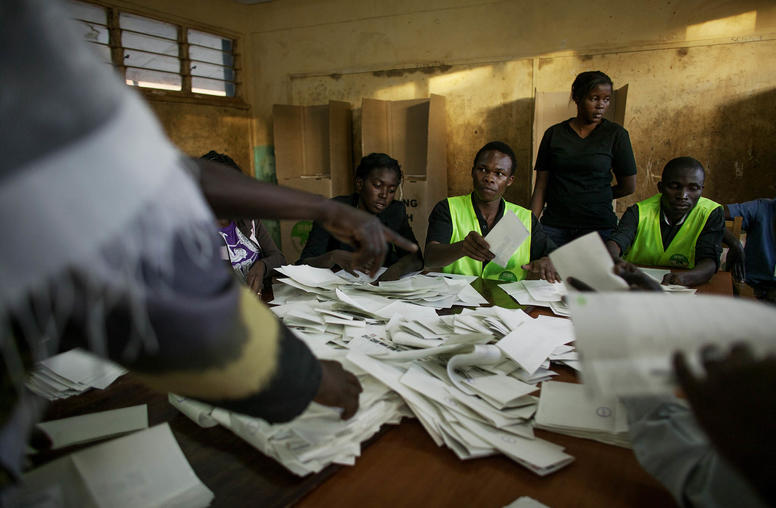
Three Early Lessons from Kenya’s Elections
On August 15, William Ruto was declared president-elect of Kenya, following a vote last week. His chief competitor, Raila Odinga, rejected the results and says he will go to court to seek their invalidation. So far, little evidence of electoral misconduct has been presented, with most observers suggesting the conduct of the polls improved compared to the last vote in 2017. As the country waits for the judicial process to unfold, here are three takeaways from this year’s Kenyan experience.
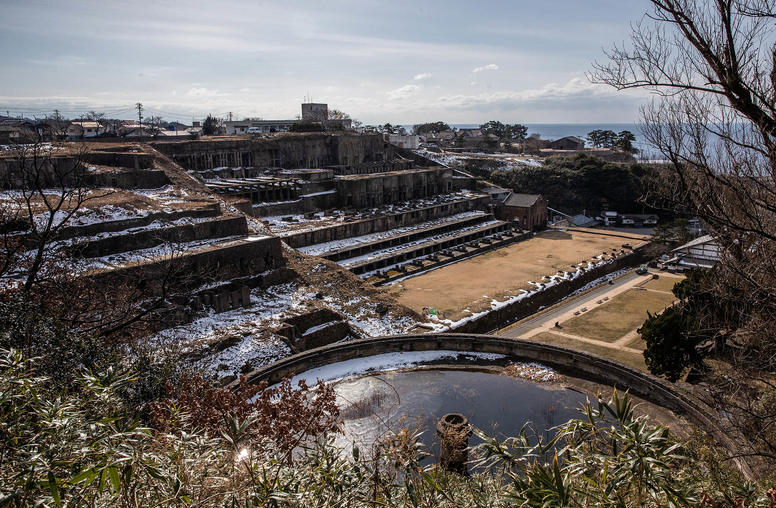
A Formula to Resolve the South Korea-Japan Wartime Forced Labor Issue
As the United States revitalizes its alliances in East Asia, World War II reparations issues loom large. The United States’ two closest allies in the region — Japan and South Korea — remain at odds on issues ranging from forced labor that Koreans performed for Japanese corporations to the comfort women system of sexual enslavement. The failure to redress these issues has stretched the bilateral relationship to its thinnest point in 50 years. Although the new administration in Seoul promises a more “forward-looking” approach to Japan, resolution of various historical issues seems unlikely in the near term.
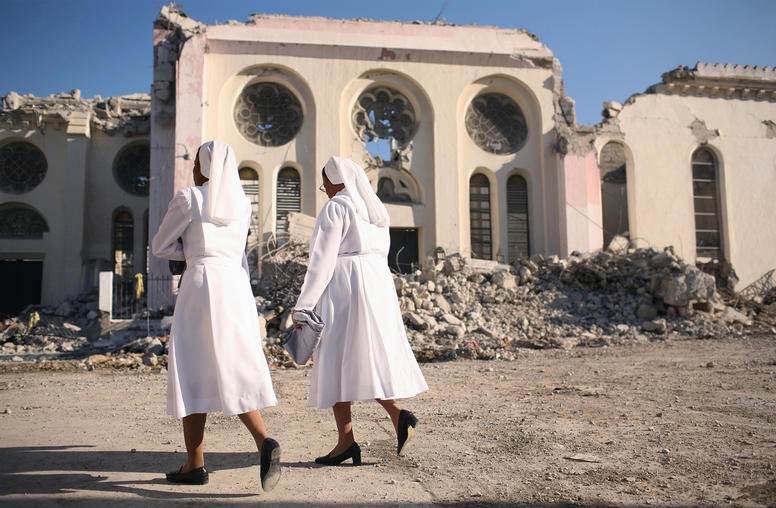
How Religious Actors Can Help Address the Western Hemisphere’s Biggest Challenges
On the sidelines of this year’s Summit of the Americas, the Interreligious Forum of the Americas brought together over 100 religious actors, faith-based organizations and governments to discuss how strategic engagement with religious and interreligious actors can help address the hemisphere’s most pertinent issues.
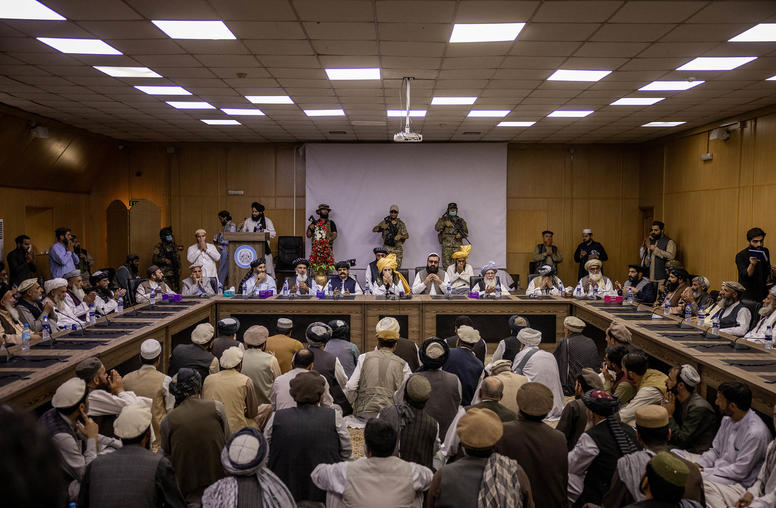
One Year Later: Taliban Reprise Repressive Rule, but Struggle to Build a State
When the Taliban swept into power last August, many expected they would reprise the draconian governance of their 1990s emirate. Despite pledges of moderation and reform from some Taliban factions, one year later those predictions have largely turned out to be prescient. The group has yet to establish a formal governance structure, with the interim cabinet appointed early in their tenure still intact. But the Taliban have swiftly reinstated many of their harshest policies, pushing women out of public life and brooking no dissent. USIP’s Andrew Watkins explains how the Taliban government functions, who’s really in charge and how the Taliban have dealt with challenges to their authority.
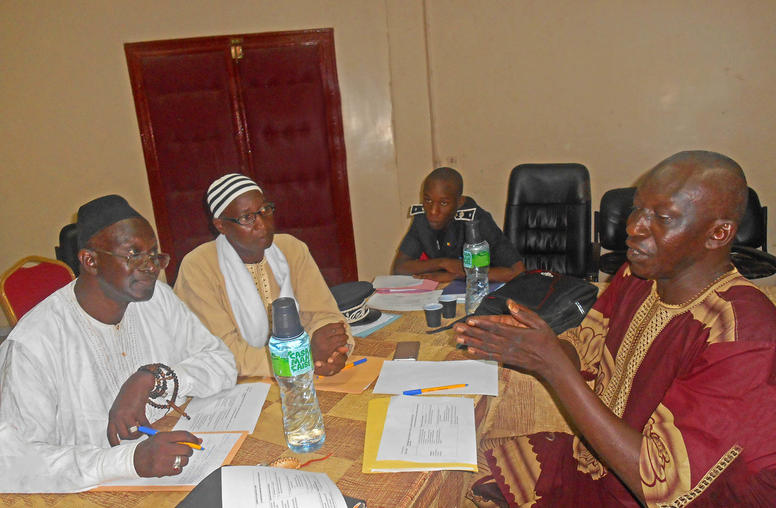
In Senegal’s War-Torn Casamance, a Dialogue Builds Stability
Senegal, one of West Africa’s most stable countries, is a key partner in countering extremism, military coups and other violence in the Sahel and in coastal states. Yet Senegal’s democracy and stability face challenges, notably the 40-year insurgency in the Casamance region. As Senegal attempts political and security reforms to build peace there, a community dialogue process in one Casamance town is helping improve security. Local dialogues—among communities, government officials and security forces—offer an efficient method for Senegal and its partners to heal conflict, bolster Senegal’s stability and counter West Africa’s slippage toward violence.
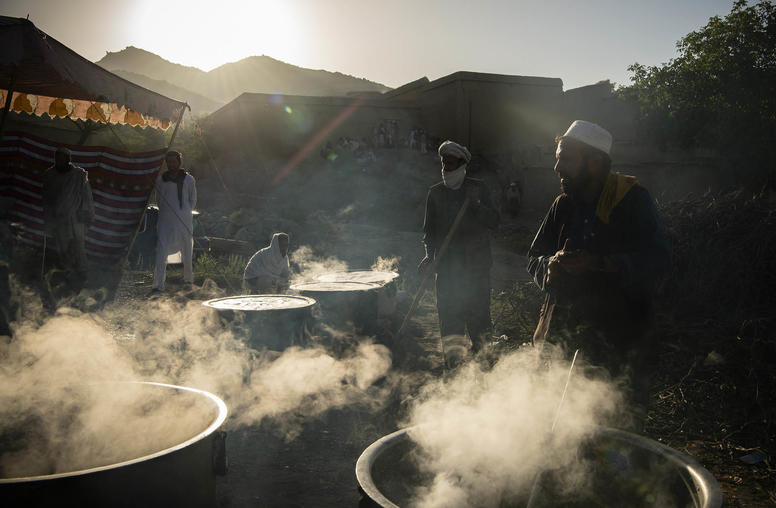
A Year into Taliban Rule, Afghans Face Spiraling Economic, Humanitarian Crises
The Taliban’s takeover of Afghanistan last year — followed by economic sanctions and other restrictions from the international community — precipitated a dire humanitarian crisis. Afghan women and children, particularly girls, have been hit the hardest. After two decades of hard-won gains, Afghan women have seen their rights evaporate before their eyes and young girls’ dreams for their futures have been squashed. Meanwhile, the country’s economic crisis has left nearly the entire population in hunger, with limited access to health care and other basic needs.

Andrew Watkins on the One-Year Anniversary of Taliban Takeover
With “more people going hungry in Afghanistan than anywhere else in the world,” the Taliban have shown they recognize “the scope of the problems they’re facing. But they’ve also revealed … just how little they can do to grapple with the world’s worst humanitarian crisis,” says USIP's Andrew Watkins.
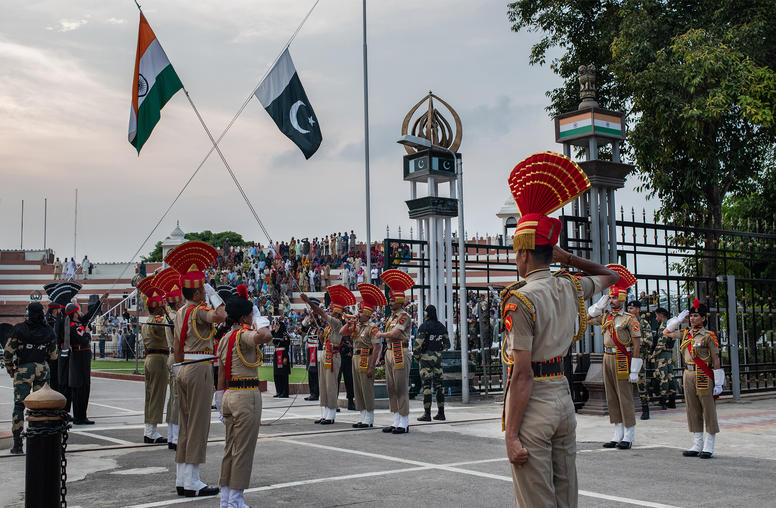
India and Pakistan at 75: Prospects for the Future
India and Pakistan, the two nuclear-armed giants of South Asia, each mark the 75th anniversary of their independence this week. In this article, USIP interviews Jalil Abbas Jilani and Maleeha Lodhi, former ambassadors of Pakistan to the United States, and Nirupama Rao and Arun Singh, former ambassadors of India to the United States, to get their perspectives on the main foreign policy and security challenges facing their respective countries, options for rapprochement, and the role of the United States and other global powers in supporting peace and stability in the region.